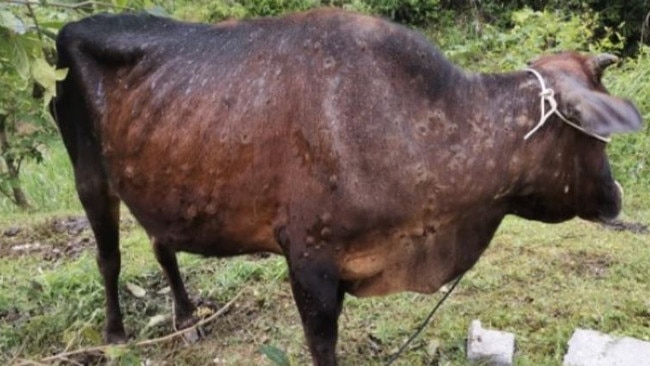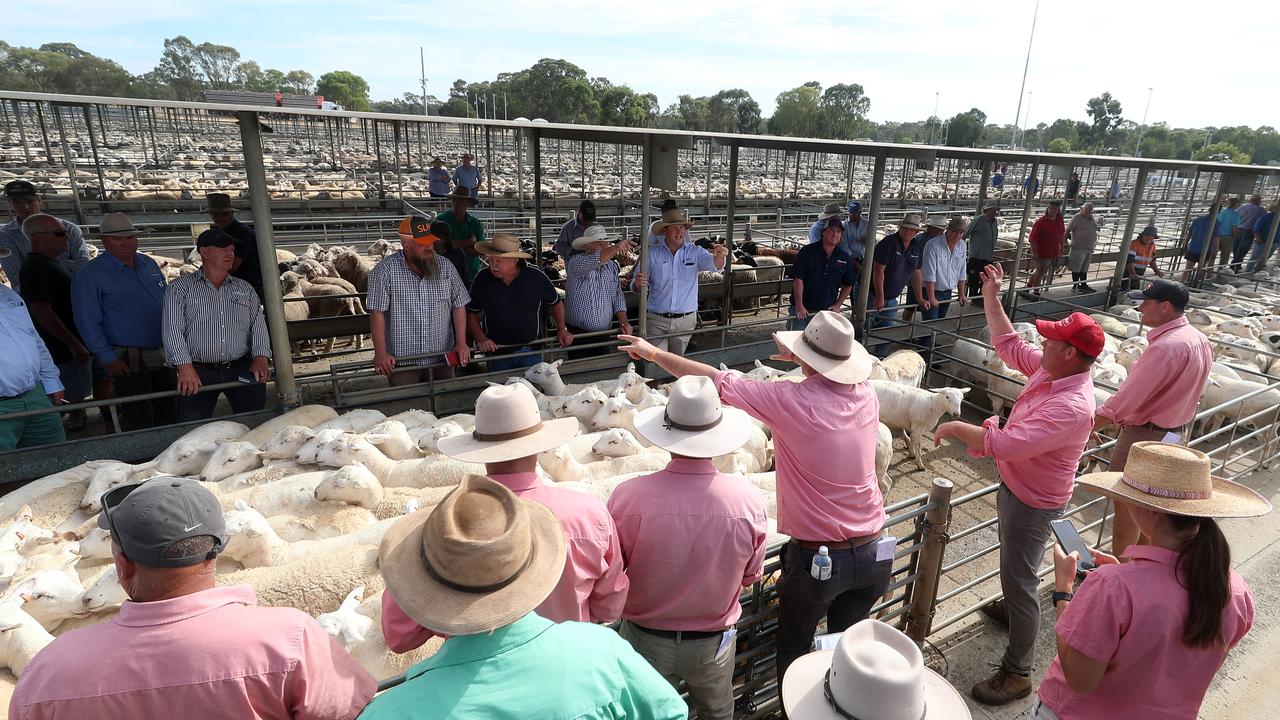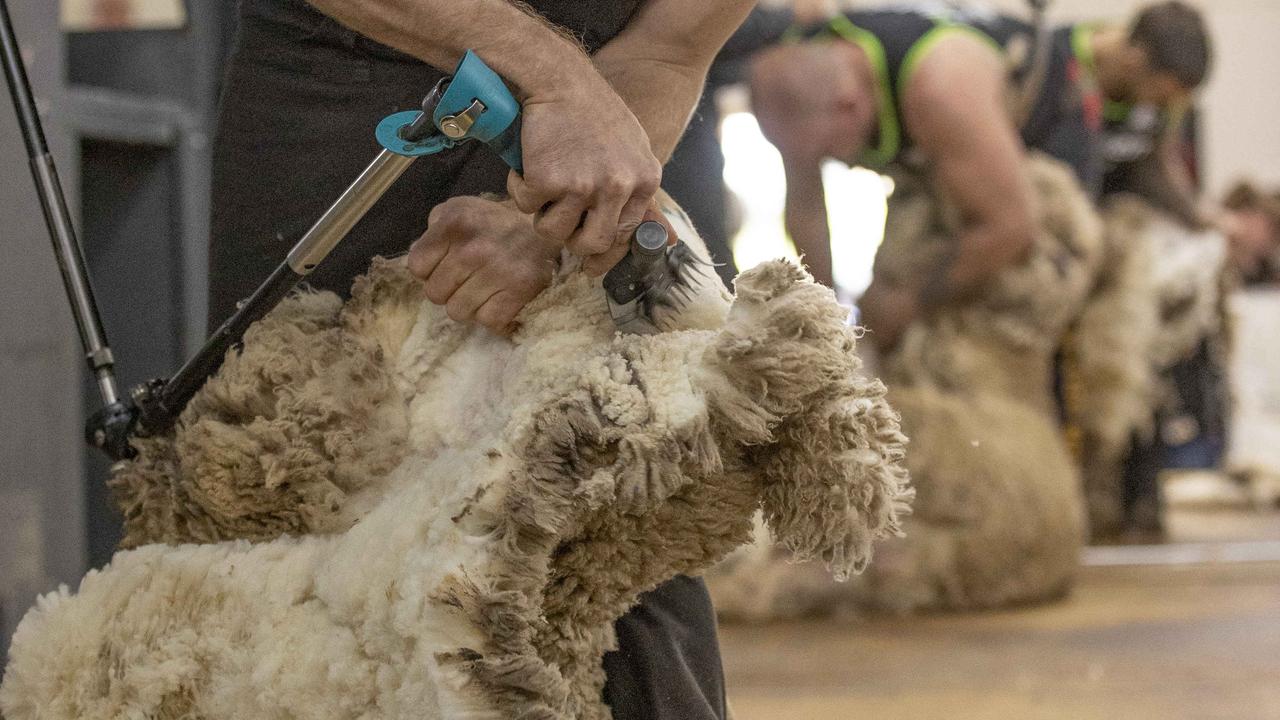Fight to prove Australia’s disease free status
The Australian cattle industry has gone into fight mode to defend its reputation as it counters claims stock have been exported with lumpy skin disease.

The Australian cattle industry has gone into fight mode to defend its reputation as it counters claims stock have been exported with lumpy skin disease.
About 50 per cent of Australia’s $600 million live export trade to Indonesia is now suspended as testing gets underway to prove the nation remains LSD free.
While those affected are in northern Australia to date, there could be implications for southern producers if the situation drags on, as cattle are pushed into other markets.
The Federal Government was notified late last week that Indonesia would suspended trade from four feed yards supplying the live export trade after it said LSD had been found in 13 Australian cattle in Indonesia.
The affected cattle had been in Indonesia, where the disease is widespread, for up to a month.
The issue had been simmering for at least two weeks, with few but government officials aware before it came to a head with the shock export suspensions.
Australia’s cattle industry and government has issued a co-ordinated response, with key players insisting Indonesia’s concerns must be treated with respect as a biosecurity rather than political issue.

Testing of Australian cattle held in or bound for Indonesia to show their LSD-free status is underway, and will involve sampling of 65 cattle from each of the four suspended facilities.
No firm timeline for the testing or suspensions has been given, and Minister for Agriculture Murray Watt told an industry webinar on Monday night the government was treating the claims “very seriously”.
“Our officials have been working round the clock to manage this,” Minister Watt said.
“One of the most important messages I can give (to the cattle industry) … is that Australia is LSD free.”
He said Australia had been working with Indonesian authorities for about two weeks to try to persuade them of this, but “they have got the right to make their own decisions”.
Experienced livestock industry executive Richard Norton said it was “highly unlikely” Australia had LSD and did not know it.
The former managing director of Meat and Livestock Australia said while he was not part of the high level briefings, he believed the positive tests for Australian cattle in Indonesia were “a pretty grey area”.
“If cattle had LSD in Australia, there would be visual signs that the disease is present before they left,” Mr Norton said.
Mr Norton said Indonesia was Australia’s largest customer for beef if “all live export cattle were put in a box”.
“If you lose your largest market, then there is an impact across the whole cattle market in Australia,” Mr Norton said.
“We saw the impacts when the live export trade was banned last time (by the Australian government) where all those cattle were put into Australian feedlots and markets.
“We have experience on what this could do to the market.”
Cattle can still be exported to Indonesia despite the four suspensions. To date, 163,007 cattle been exported to Indonesia this year; last year, that figure was more than 337,000.
Live export ships which sourced cattle from suspended feed yards already on the water will be allowed to unload as the Indonesian government honours its agreements over the trade.
But the shipments are expected to attract keen attention from Indonesian authorities who will be extra vigilant in checking the cattle whey they are unloaded.
Red Meat Advisory Council chairman John McKillop told The Weekly Times the suspended facilities were major operators, and handled up to 50 per cent of all live cattle exported to Indonesia.
He said DAFF had declined to nominate where the live export facilities were, but are all in northern Australia. The Weekly Times understands two are in the Northern Territory.
Mr McKillop said other export facilities were able to operate and there had been no talk of Indonesia extending the suspension to other operators.
But the timing could not be worse for northern Australian cattle producers whose dry season turnoff of stock is at its peak and runs through to October-November.
Australia’s chief veterinary officer, Dr Mark Schipp, maintains Australia remains free from LSD and it has never been detected here.
“DAFF has been advised by the Indonesian Agriculture and Quarantine Agency that LSD has been detected in a small number of Australian cattle exported to Indonesia — after those cattle had arrived and spent some time in Indonesia,” Dr Schipp said.
“Given the presence of LSD in Indonesia, positive results in cattle post arrival in Indonesia are not unexpected.
“As Australia remains LSD free, a detection of LSD in another country — such as Indonesia — does not change Australia’s animal health status.”
Cattle Australia chief executive Luke Bowen said the industry, states and territories were working closely with the Australian government to provide the assurances sought by Indonesia’s authorities.
“We respect the right of Indonesia’s technical authorities to seek relevant assurances that live cattle exported from Australia comply with their animal health requirements,” Mr Bowen said.
“This includes being free of LSD.”
Mr Bowen said further surveillance and testing by private and government vets continued across the northern cattle industry, with all testing over the past 12 months showing negative results.




